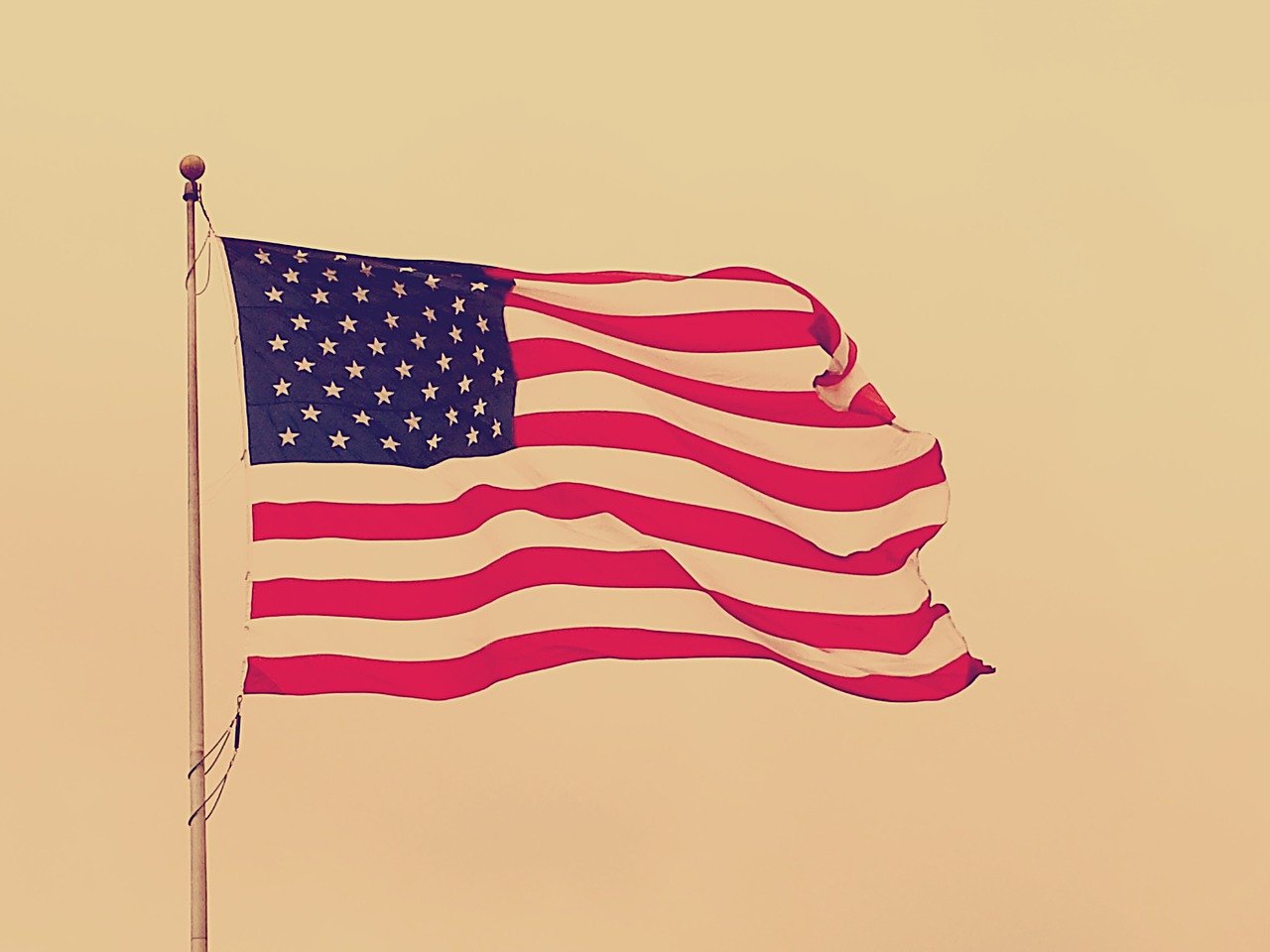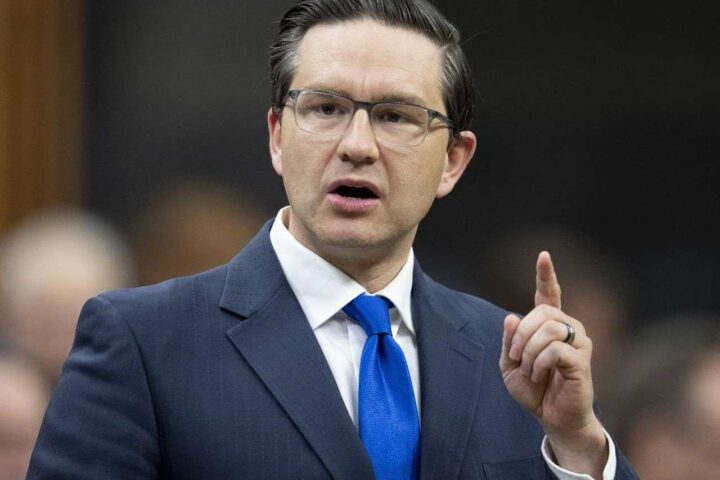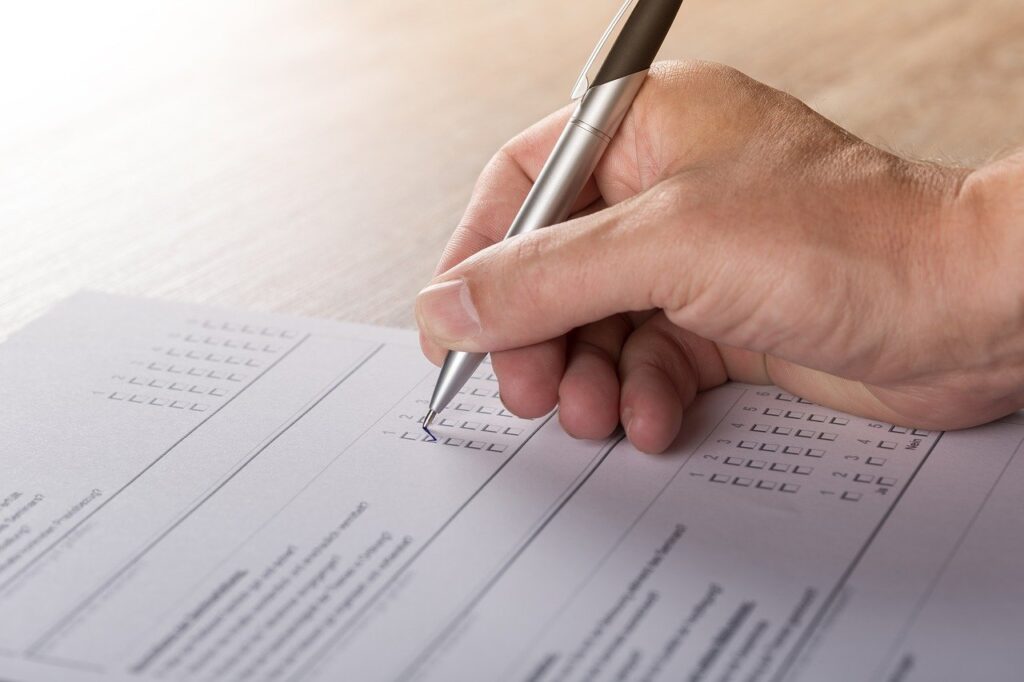With United States presidential candidates Donald Trump and Joe Biden in the news, you might be wondering how to estimate the outcome of the November 3rd election. Though these two names might have been the ones on everybody’s tongues over the last few months, there are quite a few others you may never have heard that hold equal importance in the upcoming election.
The U.S. Electoral College (the process by which a new president and vice-president are elected) is designed to balance the needs of the majority vote with that of the fifty individual states. Part of this design is to have 538 “electors” cast ballots after the election, theirs being a choice that ultimately sticks around for the next four years.
But, why does that matter? Sounds like a pretty solid plan. Well, here’s why it is different than what we do in Canada and why many people think it is a highly controversial way to elect a new national leader.
Who Wants to be the President?
Canadian residents may be more familiar with the voting policies of their home country. Party leaders are selected by members of the party that have actively signed up to be there. If that party acquires enough seats in the House of Commons, then they form the government with their chosen leader becoming the prime minister. There are some other quirks to the system (minority vs. majority governments, etc.) but that is the basic gist of our electoral process. Our beliefs, opinions, and votes rely on the party. If you love the Liberals but disagree with the platform of their leader, you tend you rethink your options and look for the candidate that aligns closer to your values. This dissonance causes issues for people who have voted for the same party at every election, especially as new social, political, and economical issues arise in Canadian society.
Americans have a more direct say in who they choose to be president, though the actual process is a little more complicated than ours. Elections occur every four years, leaving Democrats and Republicans time to decide who they want to represent them and compete in the ultimate national political game show. The chosen candidates are then provided the opportunity to select their proposed vice-president. These candidates then face off through a series of primaries, caucuses, conventions, and debates. Each state votes for their president-of-choice, the majority being put forward towards the final outcome. But this is where it gets a little hairy. The worth of each state’s vote is not considered equal in the Electoral College.
Remember those 538 “electors” that I mentioned earlier? This is where they come in. Those 538 are divided amongst the United States. Every state is awarded electors proportionate to the number of legislators it has in Congress. Depending on that state’s population, it will have two senators in addition to at least one member in the House of Representatives. But this number varies. WIDELY. For example, smaller states, such as Vermont, only have one representative. Head over the West Coast, however, and the densely population state of California has 53 representatives in the House of Reps. Add that to the two senators and you see that California has a total of 55 votes against Vermont’s measly 3. Different than our Canadian system, right? Just wait, there’s more.
In order to be elected president, candidates only need to receive 270 out of a possible 538 electoral votes. So, after the general election has occurred, a new vote is held for electors. Maybe that’s not too bad, right? This still sounds like everyone gets an equal shot, right? Not quite. Each elector is affiliated with one of the two political parties and, for each state, only the electors affiliated with the party that was voted in by the majority are allowed to vote. Doesn’t make sense? Think of it this way.
General vote occurs > the state of California votes Democrat > all of the electoral votes now belong to the Democratic party. The Republicans, at this point, just lose. No take-backs. No second chances. The Democrats now have 55 votes to work with in the next round.
Now, there are a couple states who have changed up the system all on their own. Nebraska and Maine consider the popular vote and award electoral ballots based on the percentage of people that voted for each side. This caveat means that both Democratic and Republican electors may vote in the after-election electoral… election (yeah, this got complicated, but bear with me). You have to remember, though, that Nebraska and Maine only really have about 9 electoral votes between the two of them so that pales against the 529 other electoral voters that do not abide by the same rules.
But, what does this all mean?
On November 3rd, the general election occurs in the United States of America. Approximately one month later, electors will cast their votes based on the outcome of the November 3rd election. Sometimes in January of 2021, a joint session of the U.S. Congress will count the elector’s ballots, and then the new president of the United States will be announced and inaugurated by the end of January.
As you watch and re-watch (or whole-heartedly avoid, as I have) the presidential debates from over the last couple of months, think about what kind of strategy is necessary to gain the most votes possible. Would candidates need to target specific states? Cater to the needs of the most populated areas? Completely disregard the thoughts and opinions of smaller states?
Furthermore, what happens when you start factoring the elements of business and finances into this situation? Donald Trump promised to “make America great again.” On his website, he lists a series of “promises kept” rather than producing a new platform to supplement his race to the presidency. Joe Biden’s website seeks to “rebuild America back better.” On it, he articulates a plan for how to do that. When we look at the two candidates and what they consider important, we have to ask ourselves, who are they speaking to? More importantly, who will answer?












